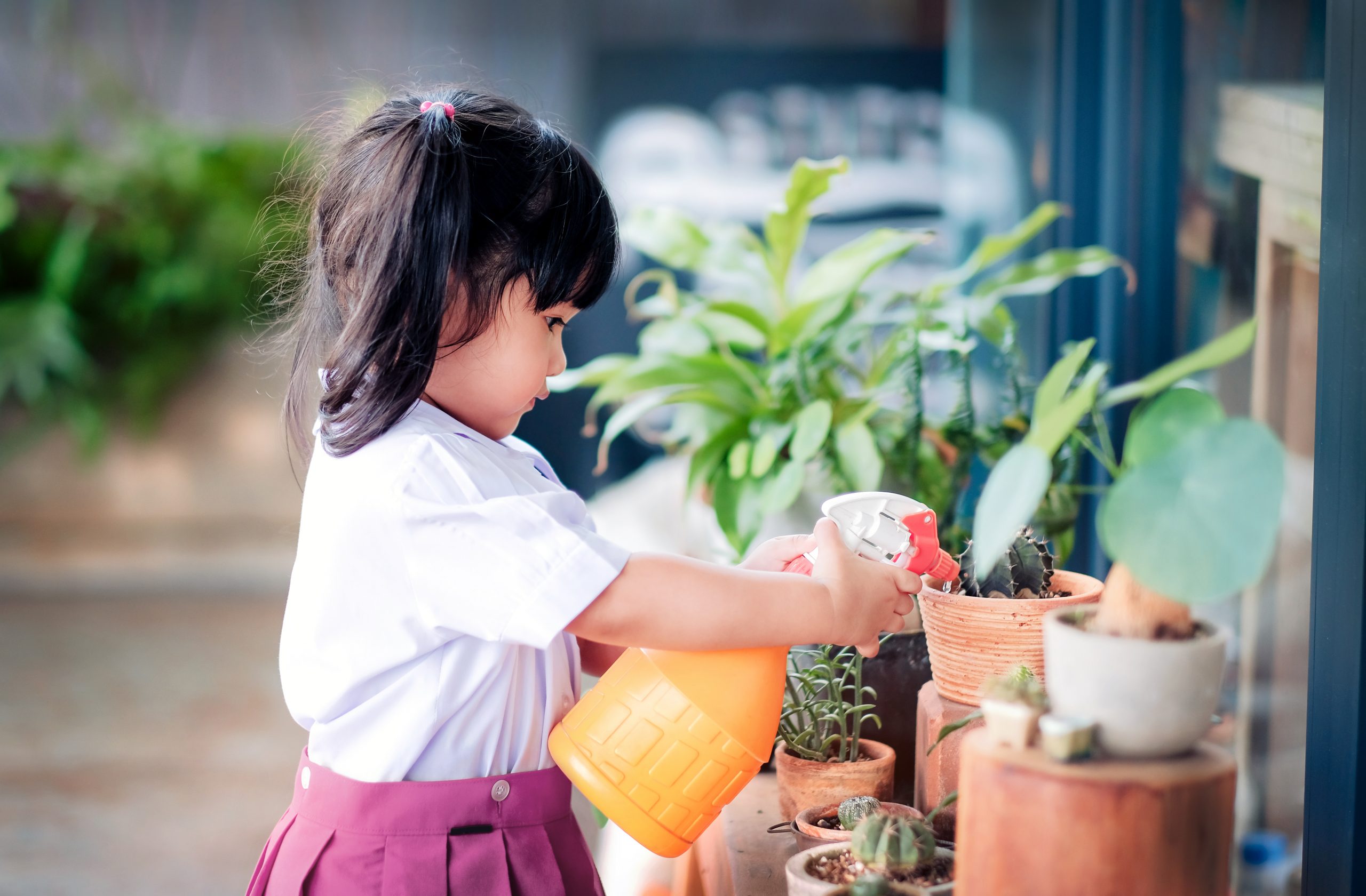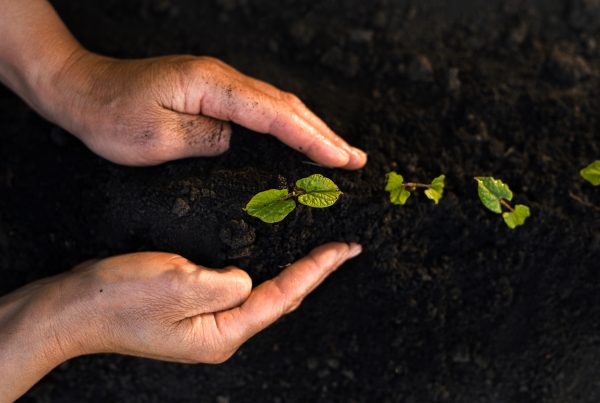Minimalism is a philosophy that advocates living with less… and it can also help reduce your environmental impact, as you consume less and waste less as well!
What is minimalist living?
It’s a way of simplifying your life and focusing on what matters most. It’s an intentional way of decision-making that aligns with your personal values. The concept of minimalism challenges you to pause and take the time to weigh up what you value enough to bring into your home, your office space and your life. Where a clutter-filled life is often the by-product of ill-thought-out, passive living, minimalism creates space for considered choices. It’s not about deprivation but about establishing a sense of ‘enoughness’. This entire concept directly contrasts with the over-consumption and single-use plastic habit of fast-paced lives.
What can you change in your home and work life?
Change is entirely within your control, so if you’re interested in transitioning to a minimalist way of living in both your professional and personal life, a few immediate areas of focus will have you quickly reaping the benefits of an uncluttered life.
- Declutter your physical space
Think of it as a spring clean for your home and working space. With the unnecessary dust collectors off the shelves and cleared benchtops, your physical space will feel bigger, cleaner, and more energising. This is particularly important for those who work from home, as an uncluttered working space can help with clarity and focus. Try decluttering the unnecessary files saved on your computer desktop for the same effect on your mindfulness when logging in each day. - Buy only the food you need
Ever gone to the shops for bread and milk and come home with bags and bags of items you didn’t know you needed? When grocery shopping, it can be tempting to mindlessly put food items in the basket (particularly if you’re shopping while hungry). To avoid this, plan ahead, make a list, and order the grocery items in relation to where they’re found in the aisles of the supermarket. This technique makes your shopping experience faster and stops you from mindlessly wandering the aisles, at risk of buying things you didn’t intend to. Another way to avoid excessive buying is to place an order online and either have it delivered or opt for a direct-to-boot contactless option at your local supermarket. - Go digital
Reduce paper storage by making digital copies of any hardcopy paperwork you’re keeping ‘just in case’. This may mean you no longer need the filing cabinet that’s taking up space in your office or can clear out the messy shelving next to your PC. You can go digital in many areas of your life; for instance, by downloading apps instead of carrying loyalty cards, loading bank cards onto your smartphone, and asking for a digital receipt to be sent by email instead of a printed one. - Avoid fast fashion
Low-quality, mass-produced clothing items usually only last a season (or even just a few wears) before they start unravelling. This generally leads to more money spent on clothes in the long-run, greater consumption of ‘things’ (with the associated carbon emissions from their production), and more materials sent to landfills. Instead, consider building a capsule wardrobe with high-quality mix-and-match pieces in neutral colours. When you need something new, look at vintage staples or op shops instead of buying any new pieces. - Make space in your calendar
Busyness for the sake of busyness can feel like clutter in our diary. There are often too many things on our to-do lists, too much stress and too many worries. Be efficient with your time by challenging whether the meetings in your diary are necessary or could be an email instead. Likewise, in your personal life, think before you commit to plans. Gauge whether it will bring you joy or fulfilment or whether that time could be better used at home for rest, relaxation and solitude. - Organise your trash
By now, most households should have a general waste bin and a recycling bin. If you don’t have one already, this year’s the year to add an organics bin to that list. A Green Bin will allow you to funnel any organic waste into a composting environment instead of submitting it to landfills. Anything plant-based, including kitchen food scraps, coffee grounds and egg cartons, can decompose in the compost, given the right environmental conditions, and return to the earth as nutrient-rich soil for the garden. Keep your bin clean and smells contained by lining your organics bins with a Compostable Bin Liner.
By maintaining a minimalist lifestyle, you’ll be embracing an intentional way of living. The same careful consideration should be applied to the products we choose to use and how they might impact the natural world around us.




